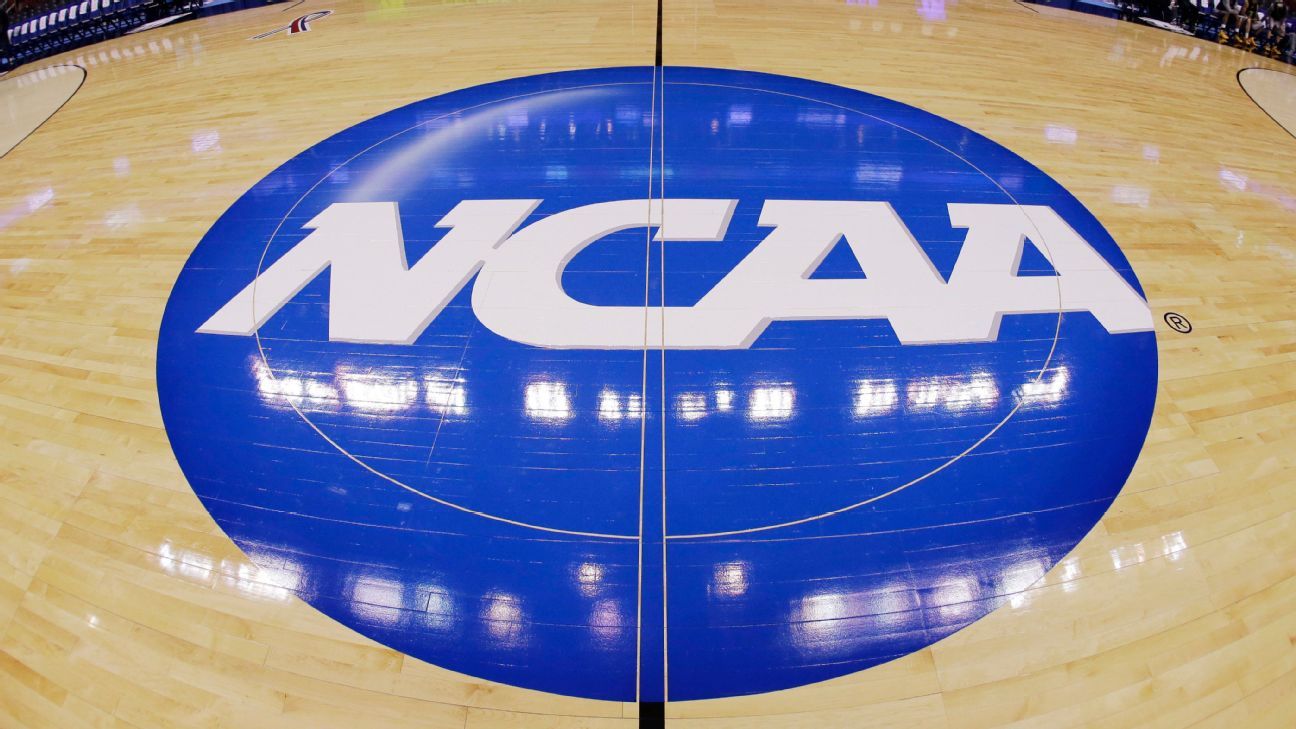
WASHINGTON, D.C. — The Knight Commission on Monday urged the NCAA to act immediately on two proposals to correct racial and gender inequities in NCAA athletics revenue distribution, and the group was staunch in its belief that the organization doesn’t need to wait for a new NCAA president to do it.
According to the Knight Commission, the NCAA awards 28% of its annual revenue distribution — more than $160 million — based on Division I men’s basketball teams’ wins and participation in the NCAA men’s March Madness tournament. By contrast, the NCAA awards no money for performance by women’s basketball teams in the tournament.
The commission, which initially proposed equal revenue distribution in September 2021, doubled down on its call for the implementation of a gender equity principle that would require any NCAA athletics performance-based revenue distribution to provide equal rewards for the performance of women’s and men’s teams.
“I find it very troubling personally, to say the least, that the NCAA Division I Board of Directors still hasn’t corrected this flagrant multimillion-dollar gender inequity in its revenue distribution,” said commission co-chair Nancy Zimpher, chancellor emeritus at the State University of New York. “Every university president on the board knows full well that financial incentives reflect values and influence priorities, and this would be an easy fix to do right now.”
The Knight Commission is also recommending that, to qualify for academic-based awards, institutions must first demonstrate that the gap between their Black and white athletes’ graduation success rates is not more than 25 percentage points.
If this new racial equity criterion had been implemented in 2019, 66% of Division I schools would have qualified for the academic award instead of 79% of Division I schools, according to data from the commission. Roughly 1 in 8 schools that now qualify for academic awards would fail the racial equity graduation gap benchmark.
“We’re at a time now where you have a transformation committee rethinking governance with regard to college sports, and in doing so, there’s also a need to realign values and principles,” said former Maryland All-American and NBA veteran Len Elmore, a co-chair of the Knight Commission. “And from a value standpoint, there’s nothing more important than equity both from a gender standpoint as well as from a racial standpoint. So why wouldn’t we, rightly intended, right-thinking people, now take a look at these issues and recognize that it’s time to be on the right side? And I believe that the timing is proper. I think our voice and our advocacy has been strong. And I think the impact will be felt.”
The commission recommended the NCAA’s Division I board of directors implement these major changes to the NCAA’s athletic and academic performance incentives, which total more than $200 million annually, in time to modify the 2023 revenue distribution.
A news release from the Knight Commission stated that if the Division I board “fails to act, the Board of Governors should review if Division I is operating in compliance with the new NCAA Constitution.”
The Knight Commission is pushing for change at a time when the NCAA itself is in the midst of monumental change, including a complete restructuring of its governance and searching for a replacement for outgoing president Mark Emmert.
Former U.S. Secretary of Education Arne Duncan, a co-chair on the commission, called the NCAA governance structure “broken.”
“There’s an urgency to these things,” he said, “and they should not at all wait until there’s a new president.”
When asked about the role of Congress in NIL, Duncan said he doesn’t know of one industry, corporation or nonprofit anywhere that says, “Let’s turn it over to Congress.”
“I think everyone would prefer to regulate themselves,” he said. “Congress only steps in when they see dysfunction, when they see a lack of leadership. … It’s absolutely in the NCAA’s interest to not just sit around and wait for Congress to maybe do something, not do something, and Congress can never understand these issues as well as folks engaged in them actually do.”
The Knight Commission is pushing the NCAA to recognize that schools with large racial graduation gaps among athletes are still qualifying for academic awards. According to the commission, based on the most recent public data from 2019, nearly 80% of the roughly 350 Division I institutions would qualify for the academic award by meeting one of the three benchmarks for academic success.
However, 47 of those schools had a graduation gap of more than 25 percentage points between their Black and white athlete graduation success rates.
“The NCAA should stop sending millions of dollars to schools that fail to close those gaps,” Elmore said.
After highly publicized inequities at the 2021 NCAA men’s and women’s basketball tournaments, the NCAA hired the law firm of Kaplan Hecker & Fink LLP for its external review of gender equity issues in connection with the NCAA, particularly its championships. Despite acting on most other recommendations in the August 2021 Kaplan Hecker report, the NCAA has not adjusted its revenue distribution formula.
“The general principle should be, if money is going out to male teams for any reason, it should be going to female teams for the same reason,” said Robbie Kaplan, the founding partner of the firm.
“We’ve had a lot of turns at bat here, and time is up,” Zimpher said. “Waiting for new leadership to make these decisions will not allow us to recruit the kind of leadership the NCAA needs and deserves. … This has to stop and voices have to be heard, and it really comes down to a leadership issue. In this case, given we are searching for a new individual leader, the leadership is on our shoulders.”
